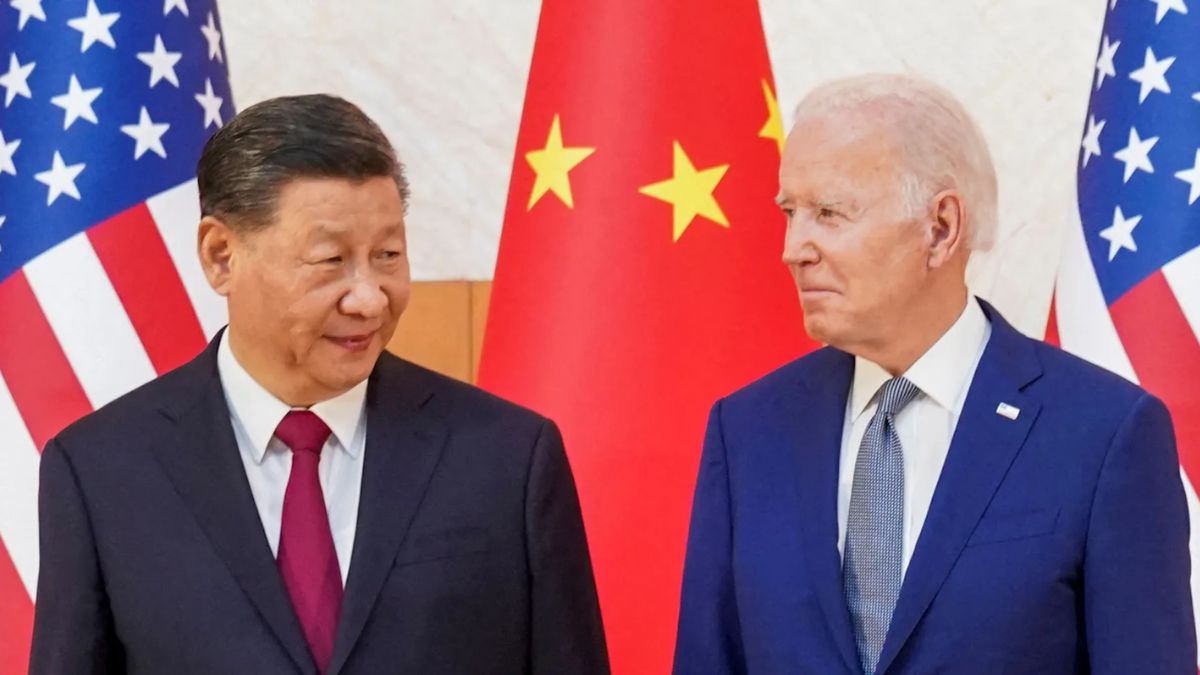
In an unprecedented trilateral summit, President Joe Biden is meeting with South Korean President Yoon Suk Yeol and Japanese Prime Minister Fumio Kishida at Camp David to enhance security cooperation. However, Chinese commentators, including those affiliated with the Global Times, have raised concerns about the summit’s implications. They argue that the gathering could lead to the formation of a “mini NATO” structure, destabilizing regional security dynamics.
Despite historical cultural clashes, South Korea and Japan are compelled to collaborate due to common threats. These include North Korea’s nuclear menace, China’s Pacific expansion, and Russia’s global ambitions amid the Ukraine crisis. Secretary of State Antony Blinken stressed the summit’s importance in addressing geopolitical challenges.
Nevertheless, China perceives the summit as a potential move by the U.S. to dominate the regional security agenda, sparking unease. The summit underscores the complex relationships in East Asia and highlights the balancing act between shared concerns and geopolitical implications. The discussions at Camp David are poised to shape security dynamics in the region and reverberate globally.
